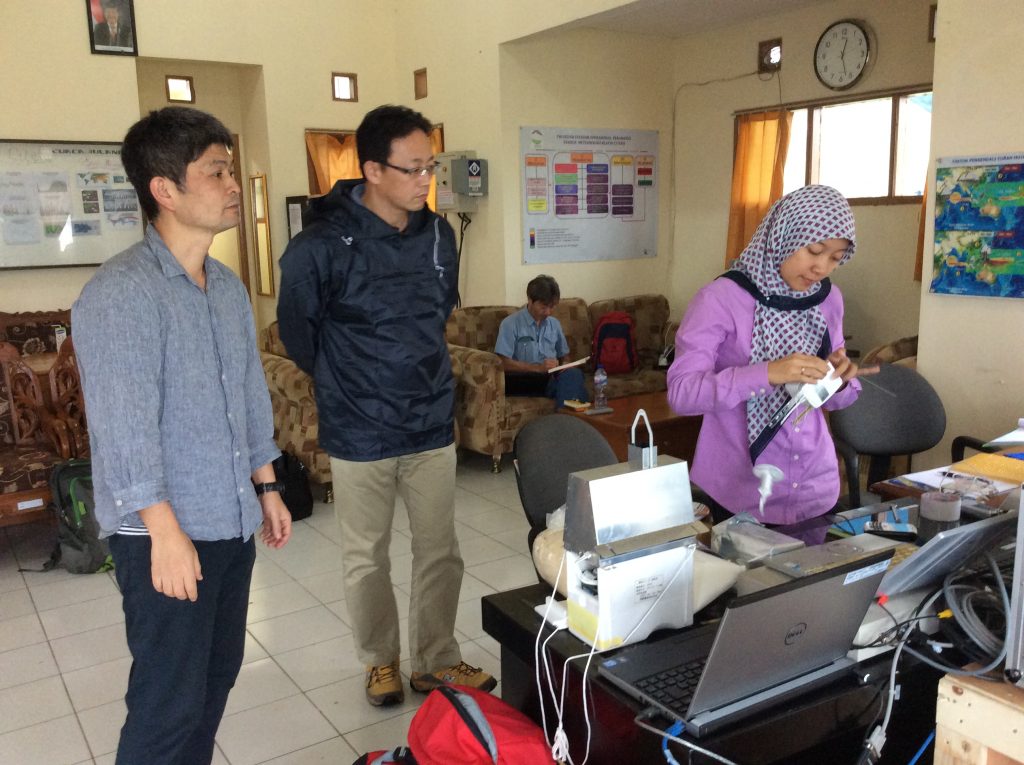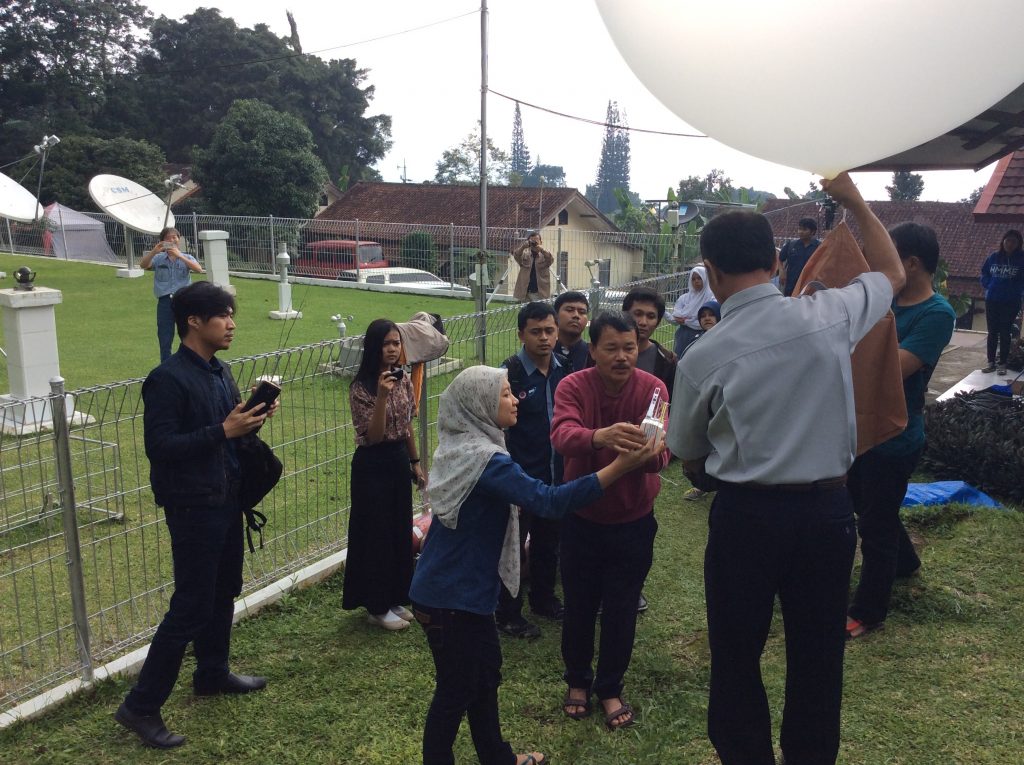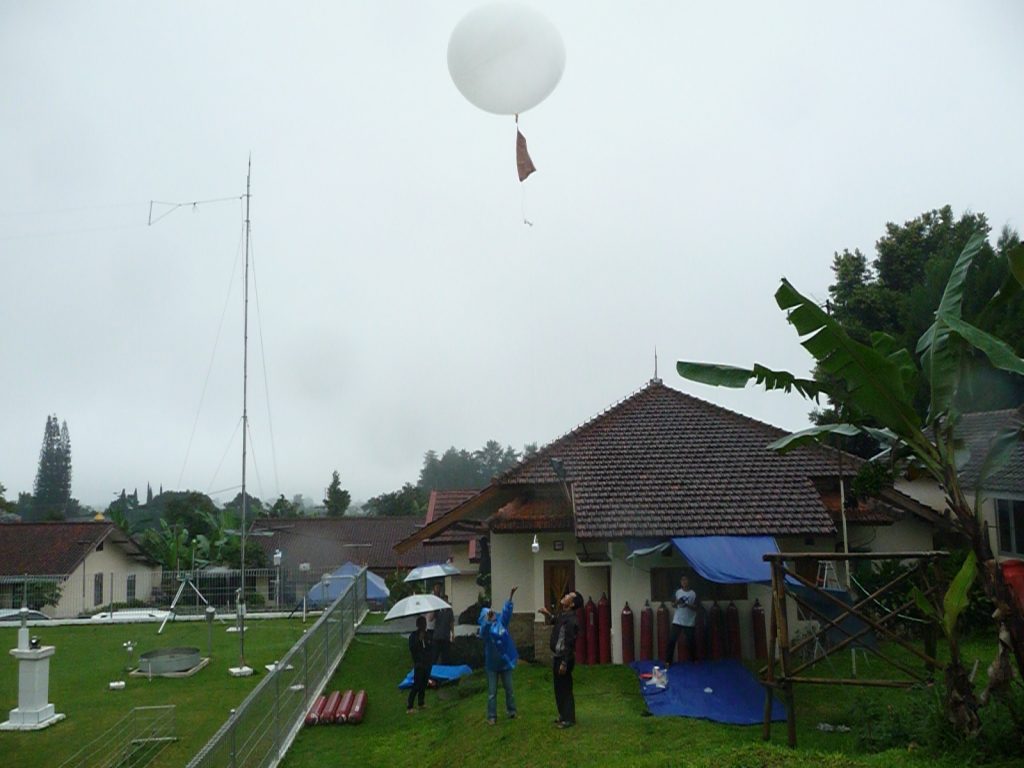Picture: Mount Batur, Indonesia. Credit: Hugo Villegas (Unsplash).
By Karla Fallon, Sopia Lestari
In 2020, PhD student Sopia Lestari was awarded the Hadi Soesastro Prize by the Australian Ministry of Foreign Affairs, although, as a result of COVID, the official presentation of the prize by the Minister of Foreign Affairs may not occur until later this year. The prize celebrates the relationship between Australian and Indonesia and is named after one of Indonesia’s most eminent thinkers, the late Professor Hadi Soesastro, who was a great friend of Australia. Only two of these prizes are awarded annually.
Usually, the prize is used to fund conference and travel expenses relating to the winner’s research but as with so many other activities, COVID-19 means Sopia has been unable to use it in such a way. As a result, she has been permitted to use the funding towards an additional six months at University of Melbourne in a postdoc capacity. So, with her second publication from her PhD currently under review and her third almost ready to submit, Sopia will soon have time to work on research relating to her PhD topic that she didn’t previously have time to consider.
This extends the break from her Indonesian workplace at the BPPT (Agency for Assessment and Application of Technology), a non-ministerial government agency. As a climate and weather researcher in this agency she works closely with BMKG (the Indonesian weather bureau) and is involved in field research and collaboration with Japan Agency for Marine-Earth Science and Technology (JAMSTEC) and researchers from other Japanese universities.
In this role Sopia was involved for two to three months in taking field measurements over Sumatera and the Java islands using radio/videosondes (intensive sounding array). Sopia and her colleagues took measurements eight times a day during the rainy season from October to February, in an effort to understand the interaction between local circulation and monsoon cold surge and MJO. She performed similar work on the RV Investigator in December 2019, but commented that was quite different because it didn’t rain once when the usual experience in Indonesia was one of constant rain while taking the measurements.



Another challenge of working for a government institution, which was fortunately not a part of her PhD, was navigating various bureaucracies to seek government permissions for field research. This involves making proposals to the Ministry of Research and Technology, and then presenting the research proposal to every ministry to apply for permission to start the research. Once this permission has been granted, Sopia and her team then have to work again with many government departments to gain approval for overseas researchers and equipment to be allowed into Indonesia for the field observations. In the most recent JAMSTEC collaboration in 2015/16 it took almost six month working with ministries – including Customs, Defence, Immigration and Police – for permission to be given for 40 scientists/engineers and a Japanese research vessel to take part in field research.
When eventually Sopia returns to Indonesia in July, she will go straight into two weeks of quarantine and then immediately find herself on the road as part of her Hadi Soesastro commitments – presenting research seminars, visiting BMKG headquarters and local offices, and universities in Jakarta, Sumatra and the Sulawesi Islands. Eventually, she will return to her job at BPPT.
Looking back on her time as a PhD with CLEX, Sopia says she has really enjoyed completing her PhD in Australia, with the knowledge she has gained from her supervisors and research groups, and for the opportunity it gave her to focus purely on her research.
After her own experience, she encourages students to have regular meetings with their supervisors and to never be afraid to say when you don’t understand something. With the bulk of her PHD behind her, Sopia has taken the opportunity to catch up on her reading (still related to her PhD research topic, of course) and bake Indonesian snacks such as Batagor. She has plans for lemon cake next. After she has returned to Indonesia, Sopia hopes to continue to strengthen the research relationships developed between Indonesia and Australia as part of her PhD research, and aims to host Australian research visits and research students to Indonesia in the future.
